June 19, 2018
We should not be quite so quick to demonise the open plan office
 There is a witch hunt on in the workplace. “Open plan” has become a dirty word and the national press are leading the mob in vilifying this so-called scourge. The Guardian, The Independent, The Telegraph, The Daily Mail and Business Week have all reported that “we can’t get anything done in an open-plan office” as it affects our concentration, our performance and our health. These news items are all damning, but perhaps not as damming as the Wikipedia entry on open plan which states: “A systematic survey of research upon the effects of open plan offices found frequent negative effects in some traditional workplaces: high levels of noise, stress, conflict, high blood pressure and a high staff turnover… Most people prefer closed offices… there is a dearth of studies confirming positive impacts on productivity from open plan office designs”.
There is a witch hunt on in the workplace. “Open plan” has become a dirty word and the national press are leading the mob in vilifying this so-called scourge. The Guardian, The Independent, The Telegraph, The Daily Mail and Business Week have all reported that “we can’t get anything done in an open-plan office” as it affects our concentration, our performance and our health. These news items are all damning, but perhaps not as damming as the Wikipedia entry on open plan which states: “A systematic survey of research upon the effects of open plan offices found frequent negative effects in some traditional workplaces: high levels of noise, stress, conflict, high blood pressure and a high staff turnover… Most people prefer closed offices… there is a dearth of studies confirming positive impacts on productivity from open plan office designs”.






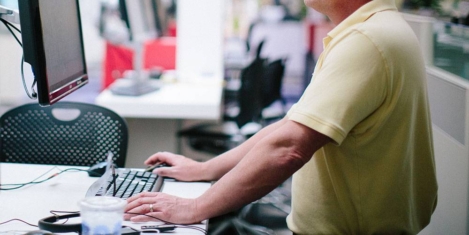
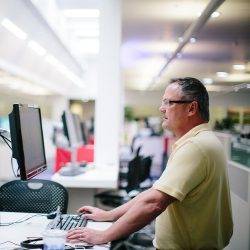


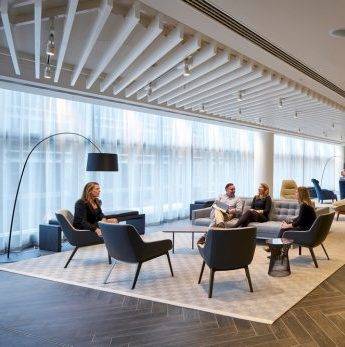
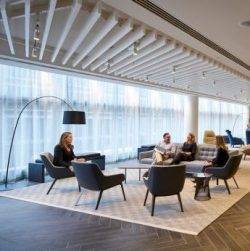 A major research study “
A major research study “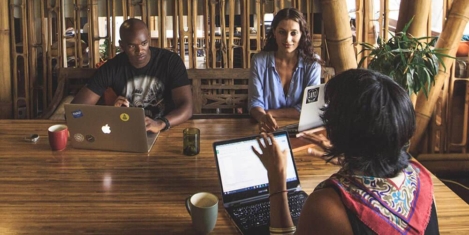
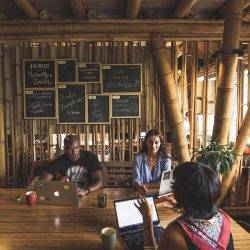




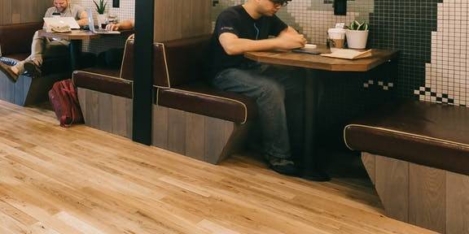
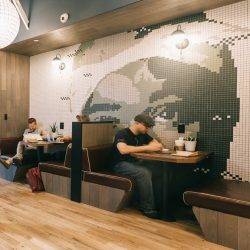









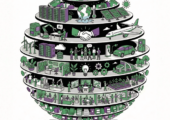





June 12, 2018
Keeping people at the heart of the modern workplace
by Ryan Anderson • Comment, Technology, Workplace design
(more…)